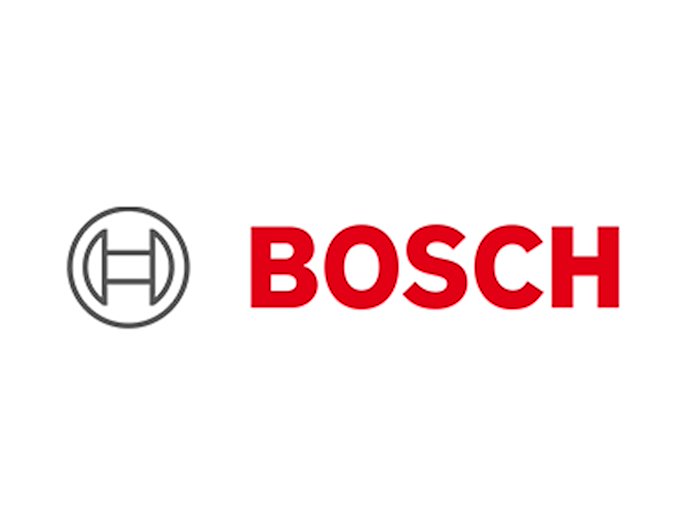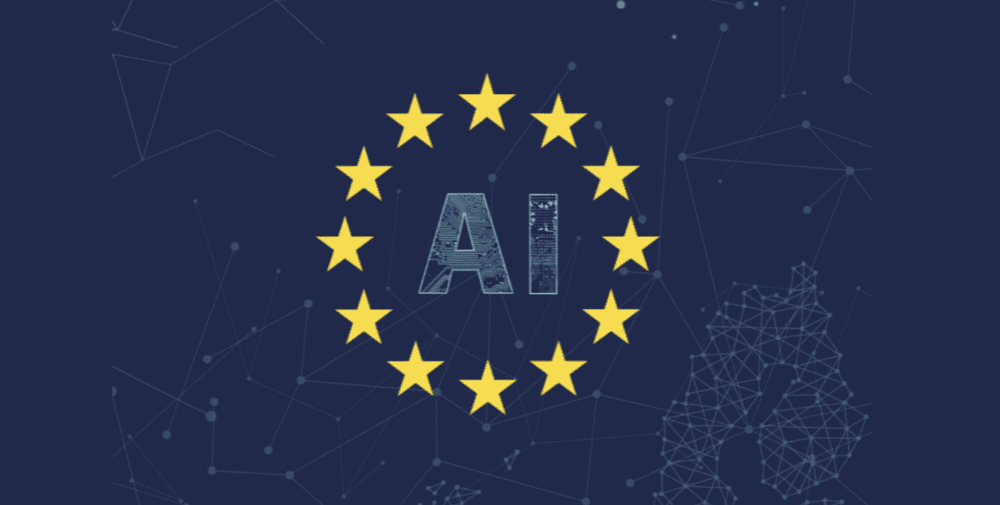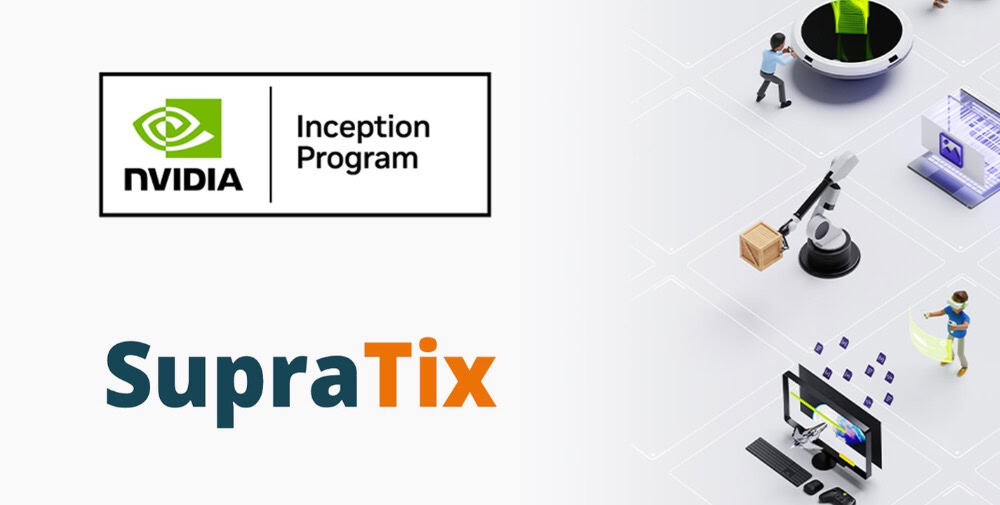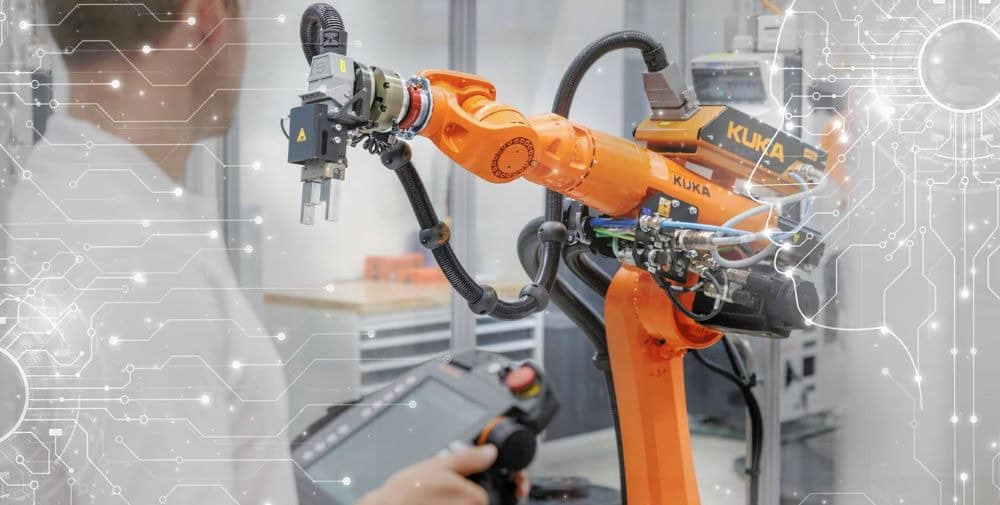
“A whole new chapter is beginning in the field of AI as a result of technological breakthroughs,” summarizes Tanja Rückert, member of the board of management and Chief Digital Officer of Robert Bosch GmbH. “This progress will influence almost all areas of society and also processes in companies. We want to harness this potential for Bosch – for our customers and our associates.”
At Bosch, AI experts from both research and the business sectors are therefore currently looking at specific possible applications that these new AI models offer for the company. One example: the company’s own database. It stores entries according to search terms. The less precise the keyword searched for, the less accurate the search result, and vice versa. A solution based on Generative AI would search – and find – much faster and, above all, more comprehensively. Existing knowledge in the company would thus be more easily and at the same time more comprehensively accessible and usable. The AI-powered search is one of a total of around 60 possible use cases around Foundation models that are currently being examined and that the company intends to implement if the evaluation is successful.
Bosch is bringing AI into applications faster than originally planned
“Bosch has made good progress in the further development of AI in its business sectors and at its global locations in recent years,” says Tanja Rückert, member of the Board of Management and Chief Digital Officer of Robert Bosch GmbH. “We are bringing AI into our applications quickly and successfully. In doing so, we are on a good path.” Before the end of this year, all products and solutions should contain AI or have been developed or manufactured with its help. The company originally set this goal for 2025 and will now achieve it two years earlier. One of the factors contributing to this success is the more than 300 AI researchers currently working on the development of new AI methods at Bosch. The exchange between research and business sectors is close. The company is also pursuing a targeted HR and education policy: in 2019, an AI training program was launched under the leadership of Bosch Research, which 26,500 associates have already completed to date. The program includes training formats for managers, development engineers, and AI users at three different levels. “The training courses make an important contribution to bringing AI expertise to the breadth of the company,” says Thomas Kropf, head of research at Bosch. Bosch has also established strong partnerships with leading global institutions such as the renowned Carnegie Mellon University in the U.S., as well as continuously expanding its patent portfolio in the field of artificial intelligence over the years.
Billions in sales from artificial intelligence
AI has been seen as a driver of progress and growth for some time. According to PWC, GDP in Germany could increase by eleven percent by 2030. For 2025, Tractica forecasts global sales of around $31 billion. The main reasons are said to be the greater productivity and efficiency made possible by AI solutions. Bosch, too, aims to achieve billion-dollar sales with AI-enabled products in the next few years. “We see artificial intelligence combined with the networking of products as a key technology and driver for the progress of our society. For us, it is central that AI benefits people,” says Rückert.
Bosch focuses on industrial AI, i.e. intelligent algorithms combined with domain knowledge on traffic, industry and buildings. In doing so, the company leverages its own strength in manufacturing complex, physical things and combines this with its many years of experience in the field of AI. This is in contrast to American and Chinese IT companies, which use AI primarily to create a model of humans and their behavior. The potential applications of AI-based solutions are many: in chip manufacturing, for example, AI helps detect anomalies. AI-based image processing allows automated optical inspection of wafers. At the same time, the flow of materials is controlled so that the machines in wafer production are optimally utilized. AI technologies are also key to making the new chip factory in Dresden the world’s most efficient semiconductor factory. Intelligent cameras and sensors help detect fires at an early stage, and in cars, intelligent assistance systems help prevent accidents.
Further links
www.bosch.de
Photo: Bosch




